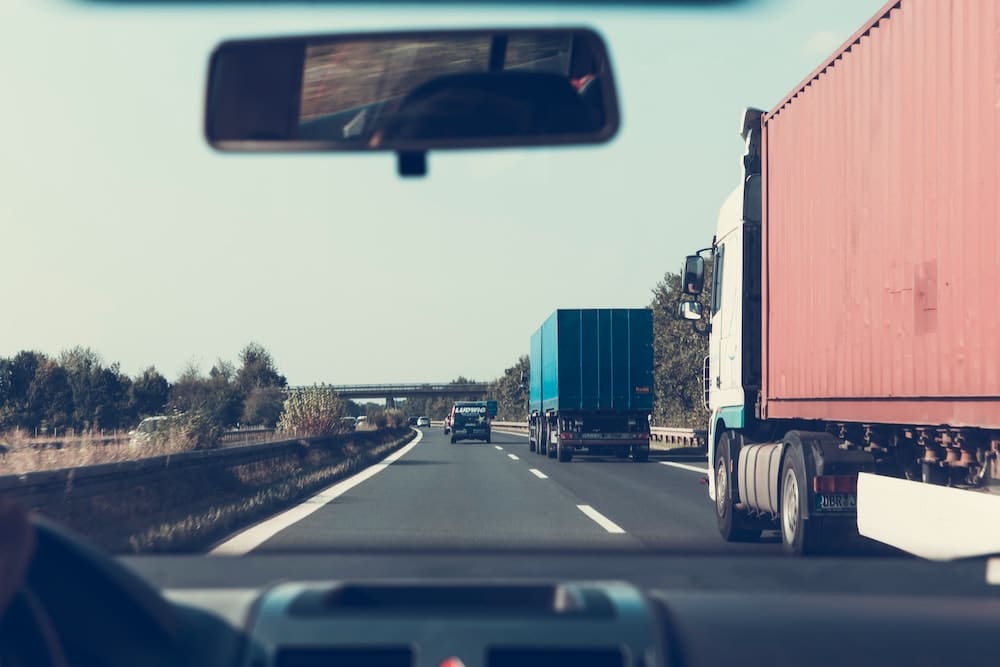
While operating a standard motor vehicle, you may already feel intimidated by sharing the roads with commercial trucks. But what may make you all the more wary is if you notice a truck driver negligently operating this massive vehicle. Such negligent driving may be tied to a broken trucking regulation, which is grounds for a personal injury claim in the event of a crash. Follow along to find out whether you can claim a broken trucking regulation after your collision and how a proficient Washington, D.C. truck accident lawyer at Simeone & Miller, LLP can help you build your argument.
What are trucking regulations that are commonly broken?
First of all, a trucking company, or one of its drivers, may be at-fault for violating a federal and/or state trucking regulation. For example, a trucking company may schedule one of its drivers to work longer than the legal limit. By federal law, truck drivers may only drive a total of 11 hours per day, following no less than a 34-hour break within a six- to eight-day shift.
In addition, a trucking company may send out trucks that exceed the height, width, length, and weight restrictions. By Washington, D.C. law, a truck cannot be any wider than eight feet, any taller than 13 feet and six inches, cannot extend longer than 40 feet, and cannot weigh more than 84,000 pounds.
Lastly, a truck driver may turn to narcotics to keep them awake while behind the wheel, or to alcohol if they are driving on “empty” roads. They may also lie to their employer regarding their qualifications to operate a commercial vehicle.
Can I claim a broken trucking regulation after my auto accident?
Understandably so, you may not be able to identify a broken trucking regulation immediately following your auto accident. But this is why it is important to collect evidence while you are still at the scene. Later on, you may be able to pinpoint this violation and present it in your claim proceedings. Examples of proof that you should gather are as follows:
- A police report that can describe whether any trucking violations were detected and the overall scene of your accident.
- An oral or written admittance of fault by a truck driver.
- A copy of surveillance camera footage that can show how your accident played out.
- A present witness who can testify about the events that led up to your accident.
- An expert witness who can testify about the trucking violation that was present at the time of your accident.
You should not have to go through your personal injury claim proceedings alone. Instead, you should seek the assistance of a talented Washington, D.C. auto accident lawyer from Simeone & Miller, LLP. Contact our firm today.
